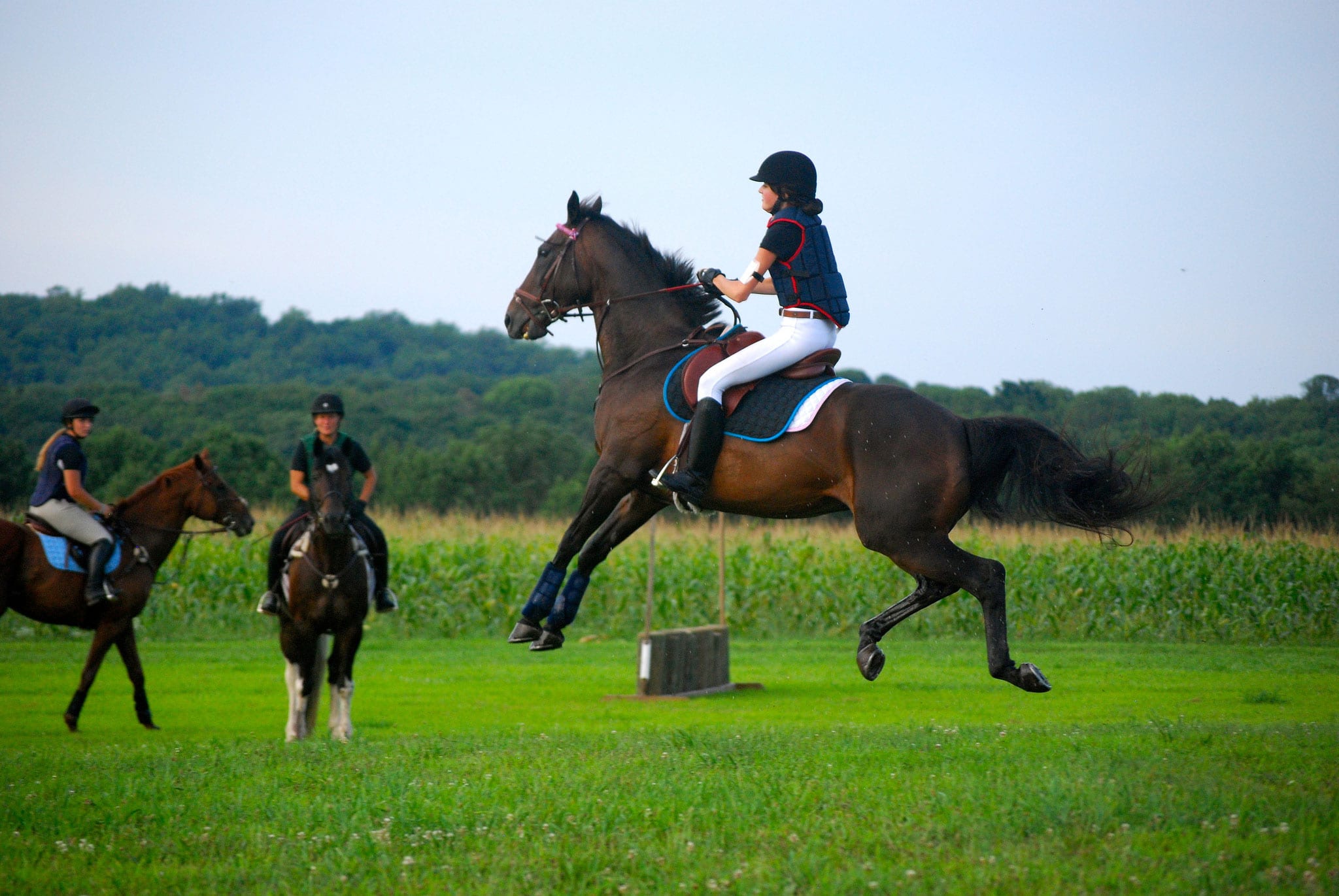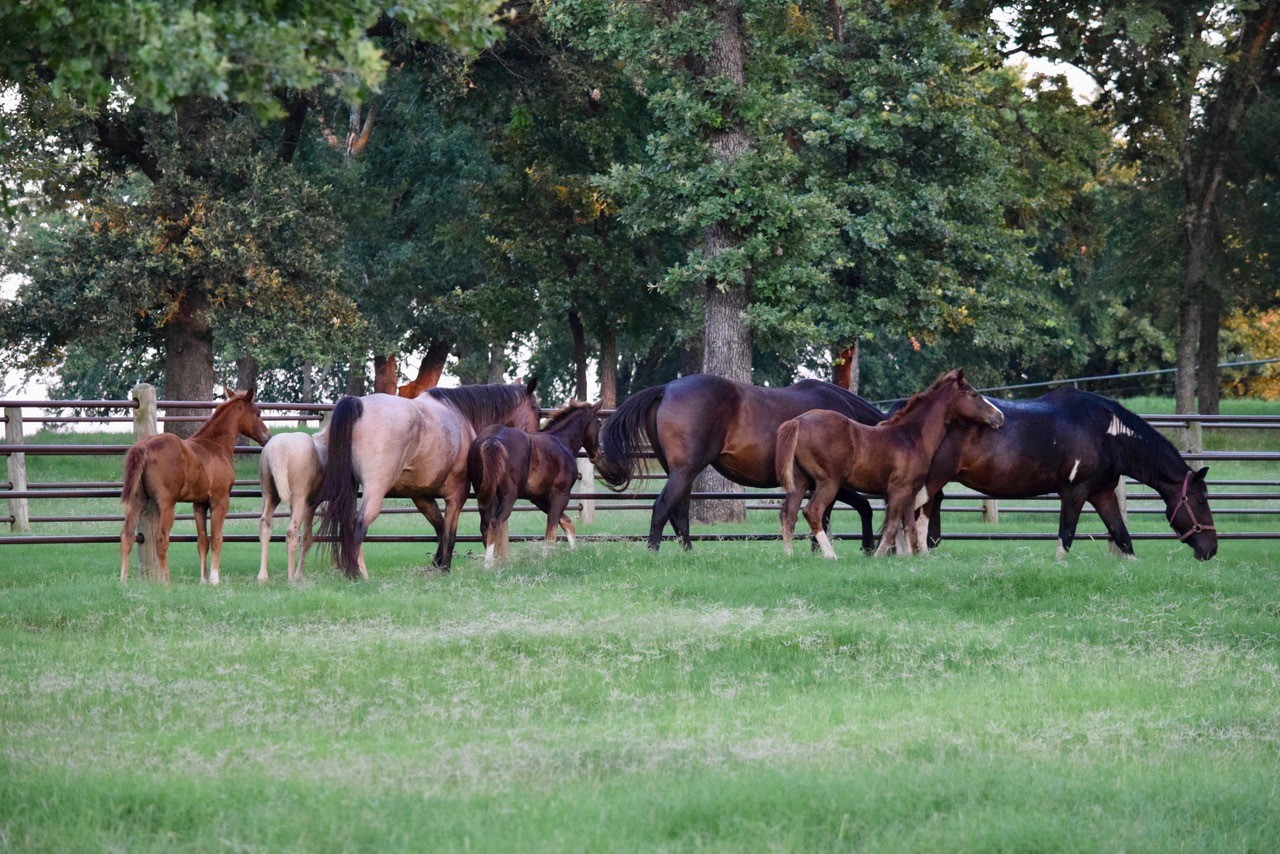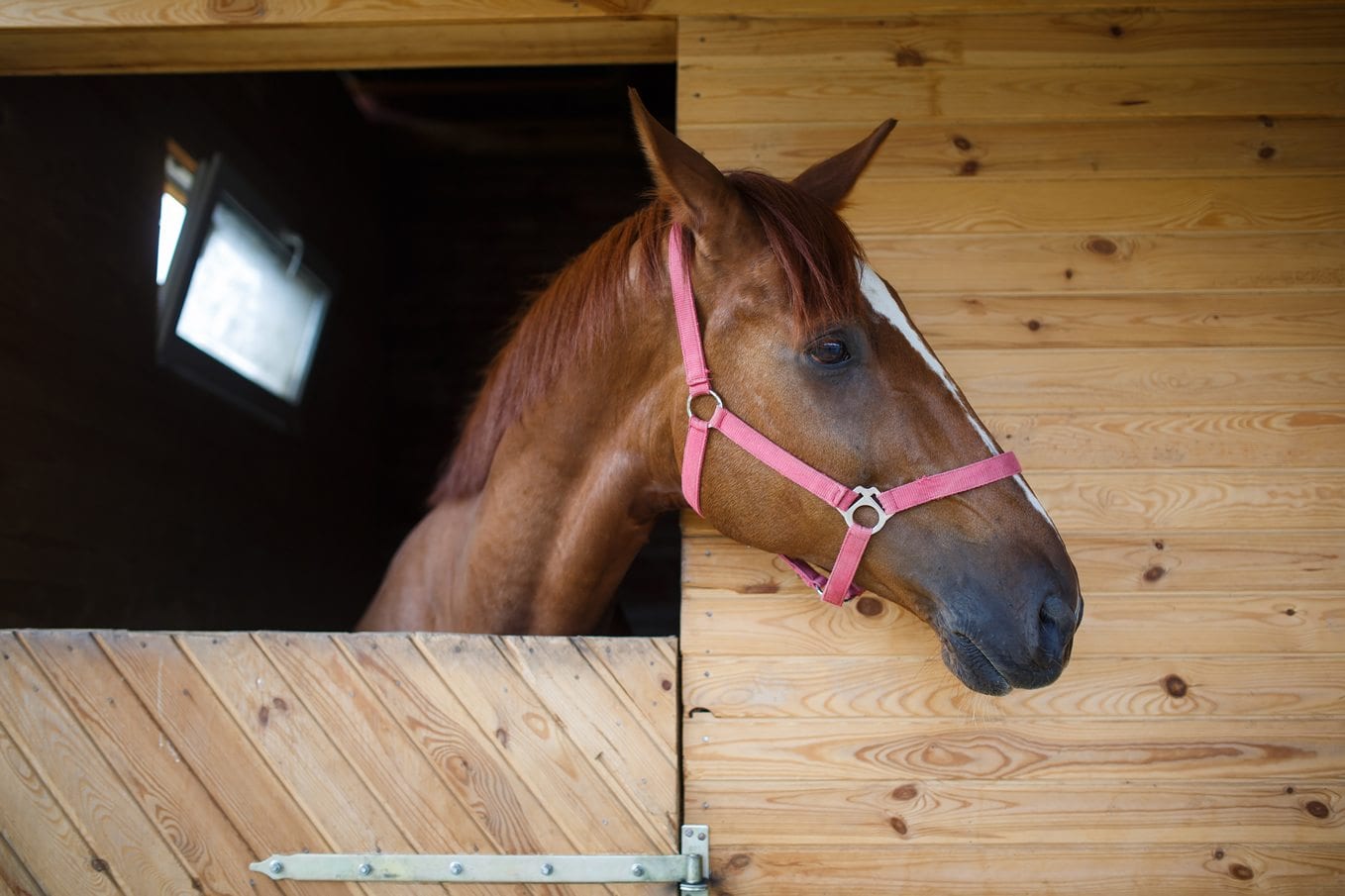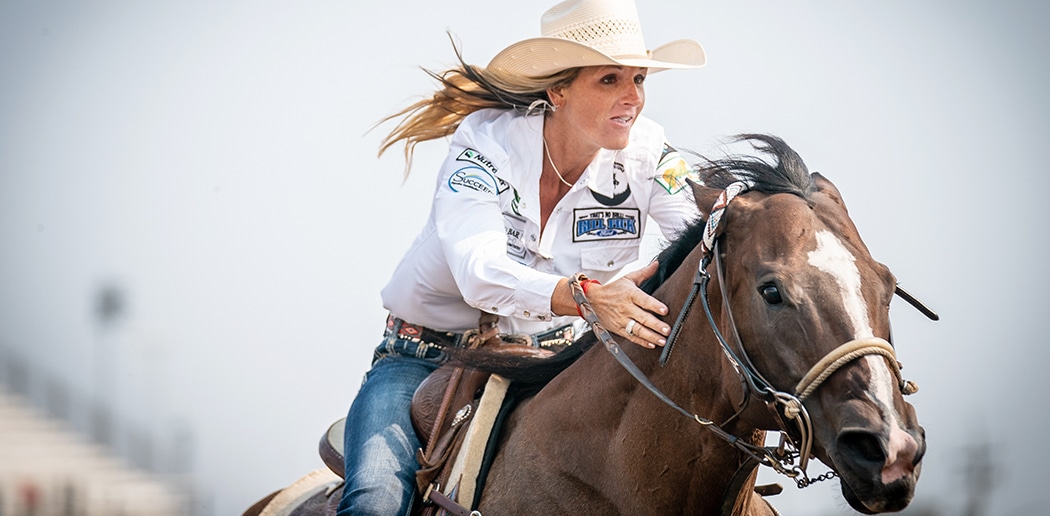
For decades the idea has circulated in barns that certain types of feed are responsible for making horses “hot.” Sometimes corn gets the blame, or oats, or molasses, or alfalfa, or any feed that is high in protein. Owners and managers see a direct correlation between “I fed my horse this, and my horse acted like that.” So, they assume it was the specific type of feed that caused the behavior.
But it’s a myth that only certain feeds, like corn or sweet feed, are responsible for causing those excessive energy spikes (silly, stupid behavior) in horses. While there’s no denying the change in behavior that can happen after a feed dump, the issue isn’t always the type of feed, it’s the amount. And any grain-based feed can be at fault.
Why Certain Feeds Make Horses “Hotter”
“That horse is feeling its oats” is a common idiom that can actually apply to any type of grain-based feed. Oats, corn, barley, and bran – and pelleted and sweet feeds made of that stuff – are all simple carbohydrates (sugars and starches) that pack a high-calorie punch. In horses, simple carbohydrates are broken down in the stomach and absorbed through the small intestines in a matter of hours. With 40 minutes at most to move through the stomach, these carbs can start getting into the bloodstream and affecting a horse very quickly. Essentially, that exuberant equine behavior in the hours after a feed is a sugar-high.
And it may be worse with certain types of grain feeds than others. For example, corn (and barley, too) does not have a fibrous hull like oats do, making it a higher-calorie, more concentrated energy source. So if you substitute corn for oats and feed it in the same amount, you are giving your horse more calories in the same scoop of feed. It’s the higher caloric content in certain types of feed that gives your horse an even greater energy boost.
Why Horses Have Energy to Burn
The majority of our horses are fed some kind of grain-based feed, which we think they need for nutritional reasons and to meet their caloric needs. In addition to the sugar-high and naughty behavior that can happen immediately after a feed, horses can simply be a bundle of too-much energy around the clock. While some horses are naturally more high-strung, more often than not this is evidence of one or both of these root causes:
- The horse is consuming more calories than it needs for its activity level.
- The horse is in great physical condition.
If your horse seems like it always has energy to burn, the issue may simply be that it’s getting more energy than it needs from its feed for the level of work its in.
And keep in mind that a fit horse is naturally a more energetic horse. Thoroughbred racehorses are a great example of this concept. They are overly energetic because they are in top condition – not because they are fed high-protein alfalfa instead of timothy.
Tips for Managing Your Horse’s Energy Level – and Digestive Health
Besides the fact that grain-based feeds are dense in calories, they are also hard on the equine digestive system. When overfed (a single meal of more than 4-5 pounds at once), undigested starch moves too quickly through the intestines to be properly digested and poses a risk to hindgi tract health. For both those reasons, one of the best ways to manage your horse’s energy level – and overall health – is to increase forage and decrease concentrated feeds.
Quality grass hays (and pasture grass, of course) are a great way to get horses the nutrition they need – and they are digested slowly over a matter of days in the hindgut. This provides a steady source of energy, without the sugar highs. And it’s a lot healthier for your horse, too.
If your horse truly does need more calories than what’s available in grass or hay due to a high activity level, consider feeding beet pulp instead of more grain. Beet pulp is a high-calorie yet healthy feed because it is a forage that is easily digested in the hindgut. Also, feeds higher in fat rather than carbs are less likely to cause that after-meal sugar high.
And keep in mind that it’s always smart practice to feed by weight rather than scoop size; a coffee can full of corn weighs a lot more than a coffee can full of oats.
Finally, to fully maximize nutrition from healthy forages and to offset the impact from concentrates, feed SUCCEED once a day every day to support your horses total gi tract health. SUCCEED provides natural ingredients that help to moderate transit time in digestion, maximize nutrient absorption, support a healthy hindgut, and provide fuel to muscles.
Bottom line? Maintain a healthy balance of calories in, energy out. Offer free choice hay and only add in healthy, higher-calorie feeds like beet pulp as needed to keep that balance.
Learn more about the benefits of SUCCEED or try it now risk-free for 60 days.
Photo: by Five Furlongs, licensed under CC2.0



